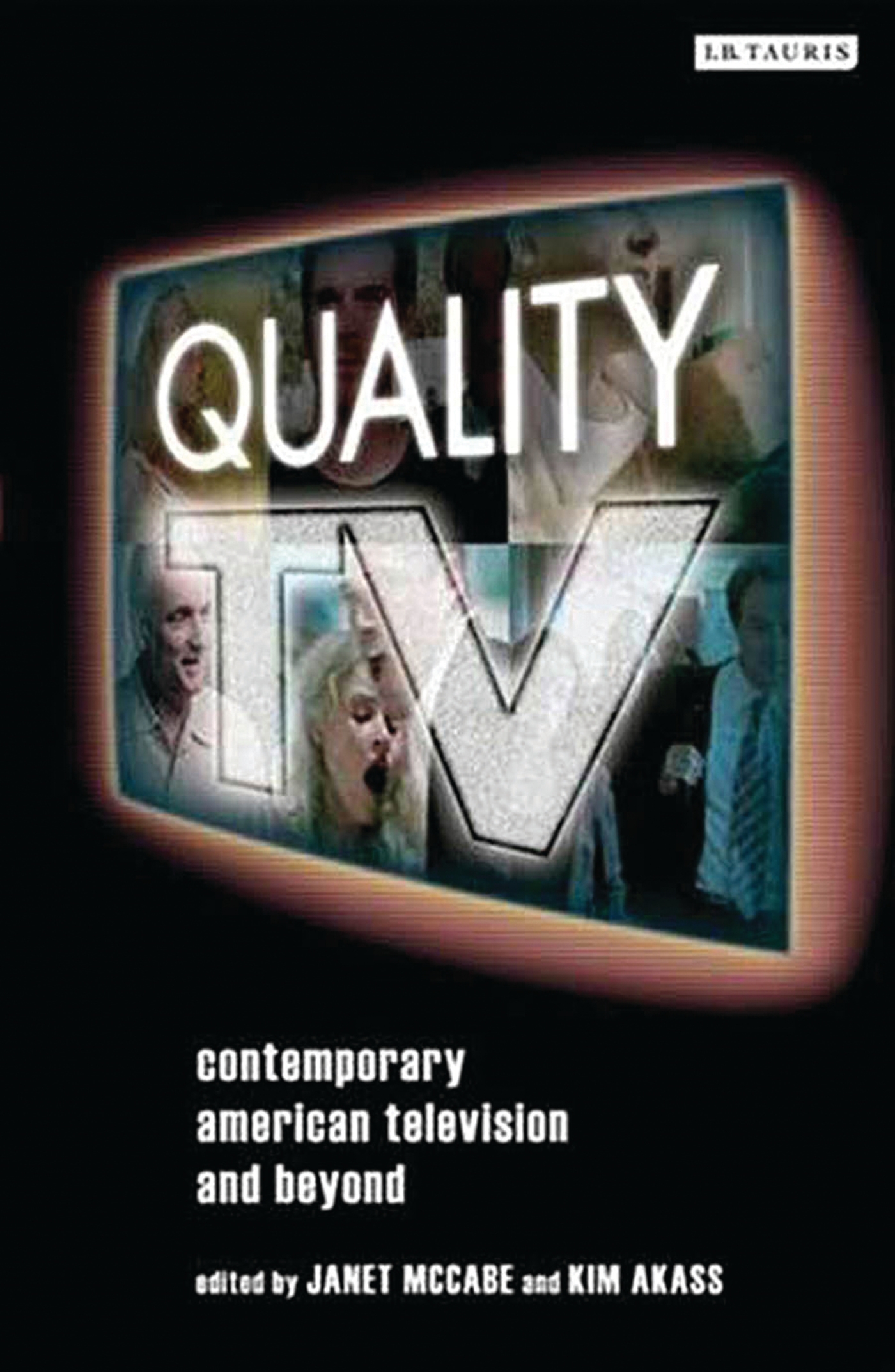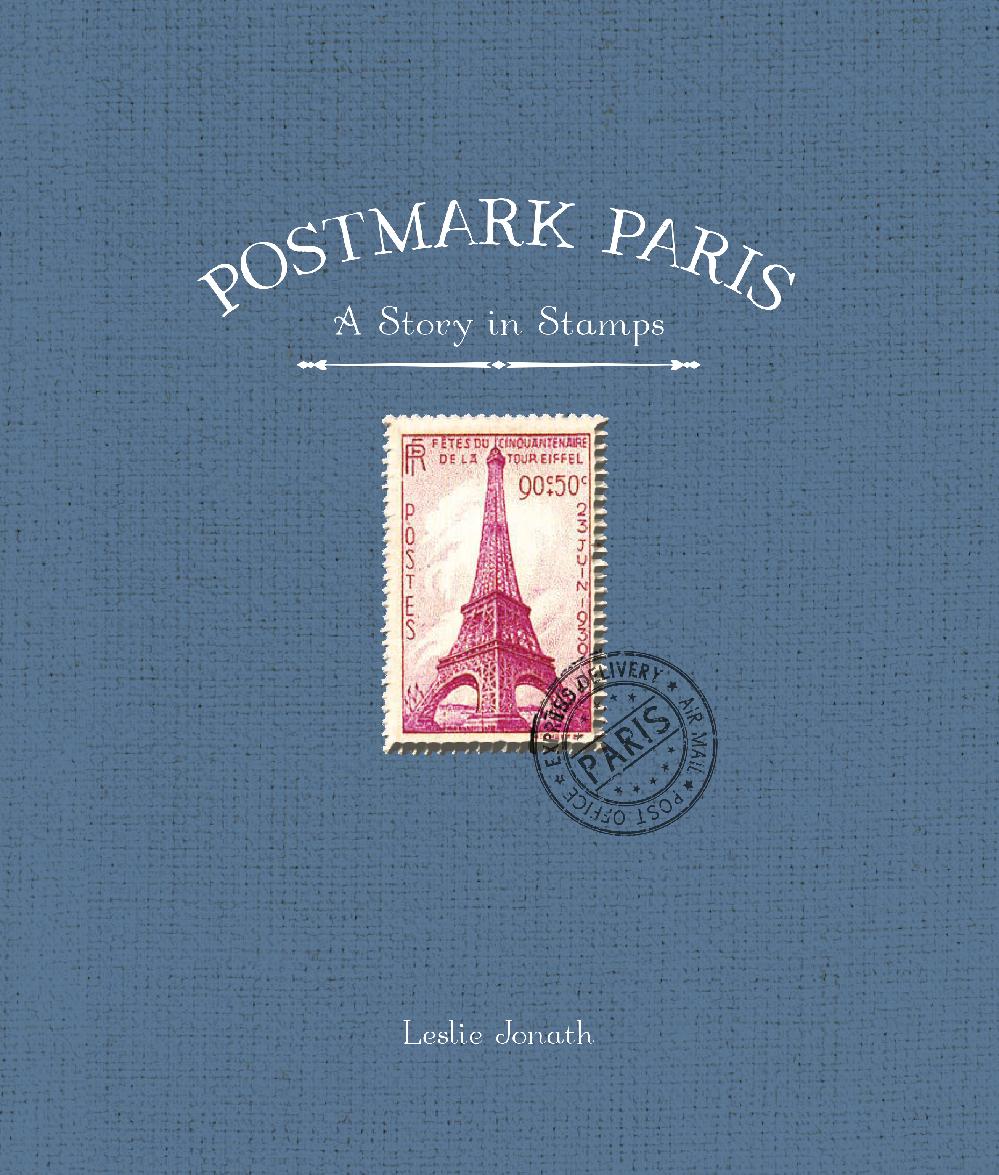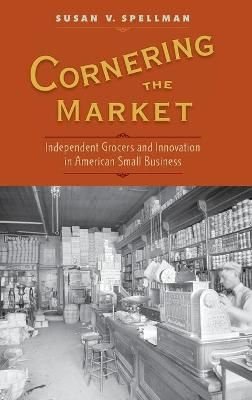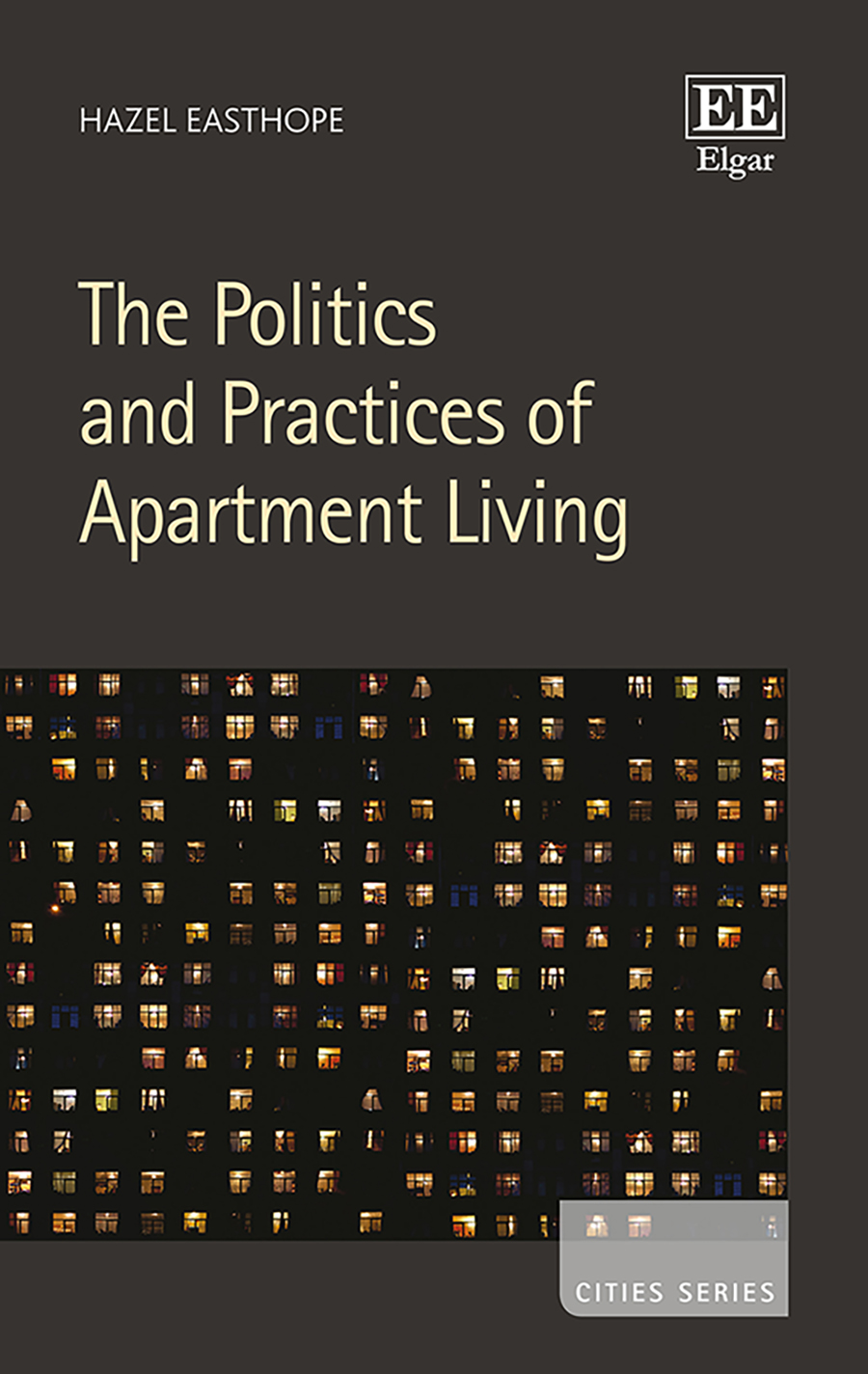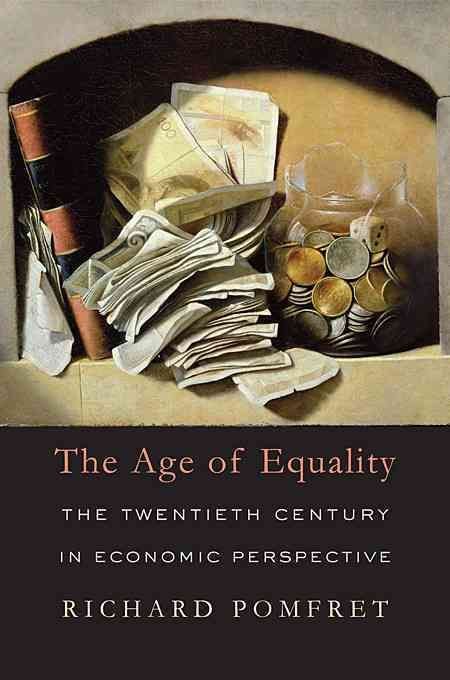In his seminal book “Television’s Second Golden Age”, Robert Thompson described quality TV as ‘best defined by what it is not’: ‘it is not “regular” TV’. Audacious maybe, but his statement renewed debate on the meaning of this highly contentious term. Dealing primarily with the post-1996 era shaped by digital technologies and defined by consumer choice and brand marketing, this book brings together leading scholars, established journalists and experienced broadcasters working in the field of contemporary television to debate what we currently mean by quality TV. They go deep into contemporary American television fictions, from “The Sopranos” and “The West Wing”, to “CSI” and “Lost” - innovative, sometimes controversial, always compelling dramas, which one scholar has described as ’now better than the movies!’ But how do we understand the emergence of these kinds of fiction? Are they genuinely new? What does quality TV have to tell us about the state of today’s television market? And is this a new Golden Age of quality TV? Original, often polemic, each chapter proposes new ways of thinking about and defining quality TV.There is a foreword from Robert Thompson, and heated dialogue between British and US television critics. Also included - and a great coup - are interviews with W. Snuffy Walden (scored “The West Wing” among others) and with David Chase (“The Sopranos” creator). “Quality TV” provides throughout groundbreaking and innovative theoretical and critical approaches to studying television and for understanding the current - and future - TV landscape.
